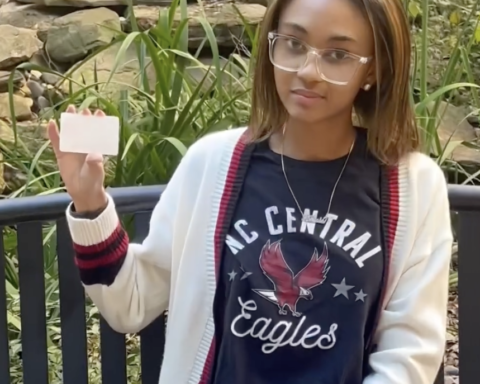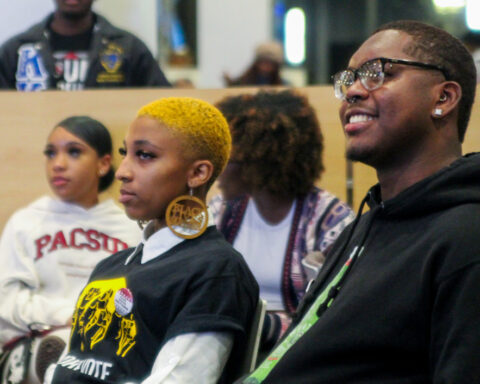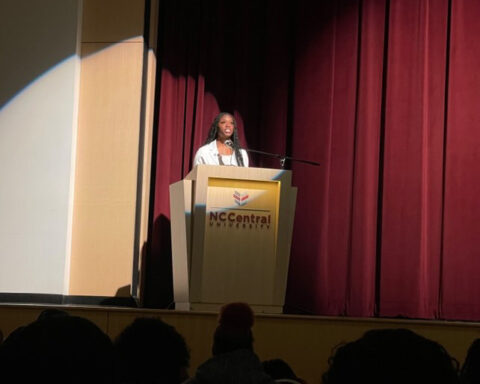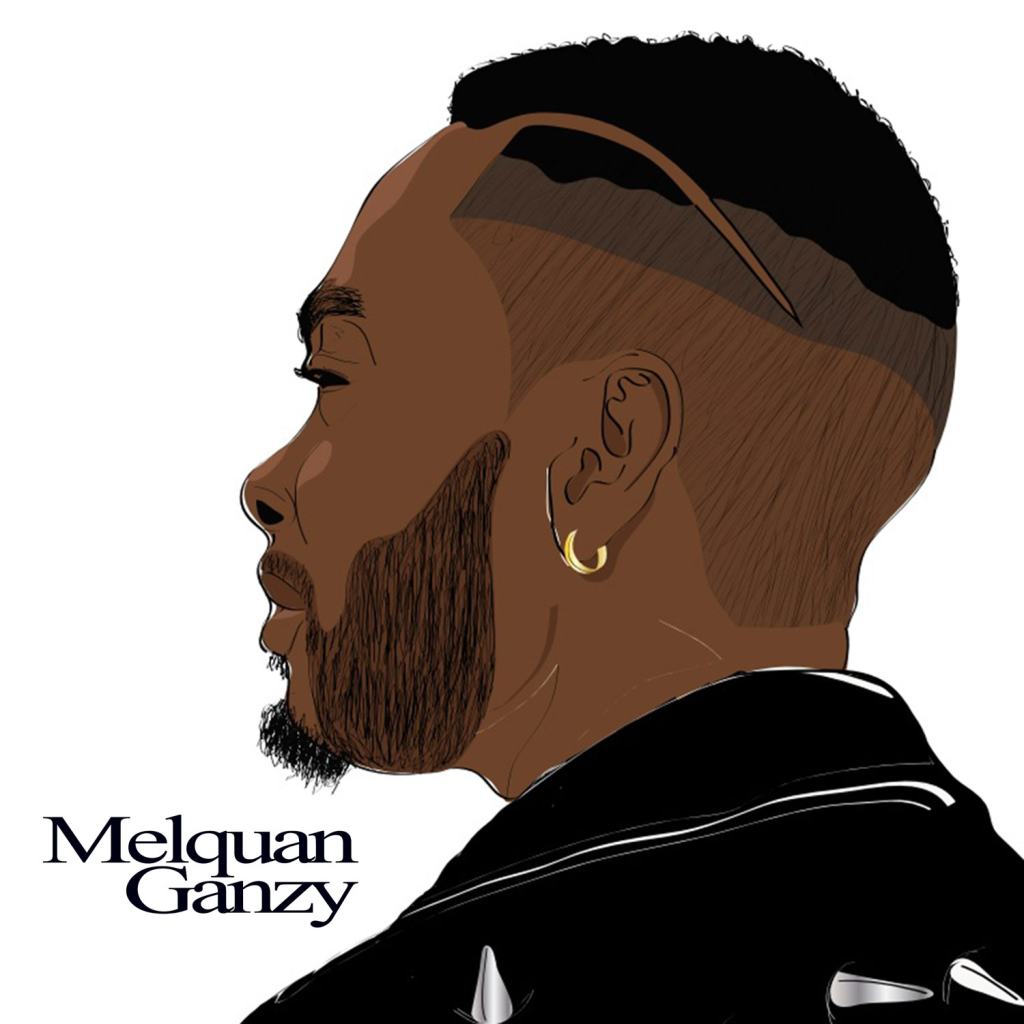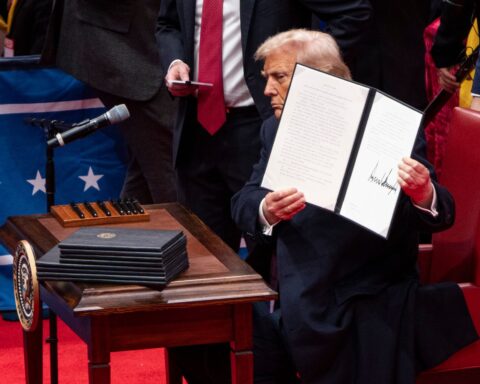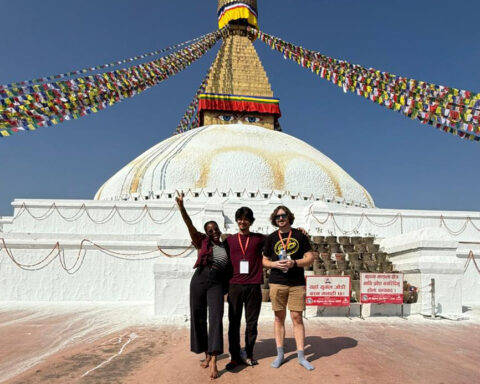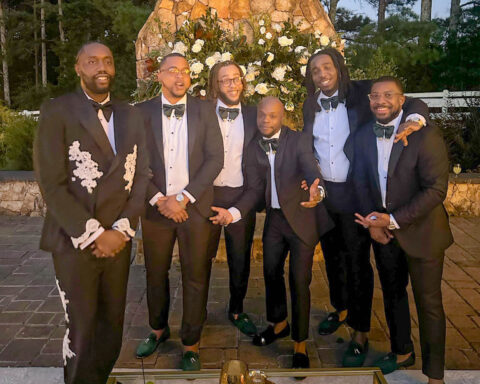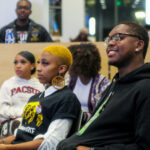N.C. Central University students were among several thousand North Carolinians who braved the cold on Saturday, Feb. 13, to march on the N.C. Capitol Building for the 10th Annual “Historic Thousands on Jones Street,” also called “HKonJ.”
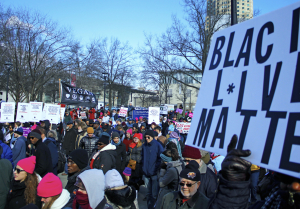
English senior Rebekah Barber organized free transportation for students from the campus to Raleigh for the march with the help of the Rev. Gloria Winston-Harris, from the NCCU Office of Spiritual Development.
The assembly started at the Raleigh Memorial Auditorium and moved through downtown Raleigh for a rally in front of the Capitol Building.
Speakers from various activist organizations, including N.C. NAACP President the Rev. William Barber, criticized the actions of the Republican majority in the N.C. State Legislature.
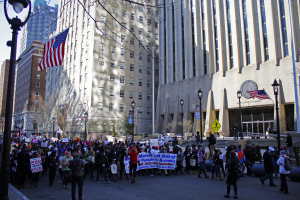
HKonJ protesters addressed a wide array of political issues as they marched against the N.C. legislature’s conservative stance on issues of gay rights, women’s rights, racism, immigration, police brutality and economic inequality – however voting rights was the primary focus of the protest.
History and political science freshman Ajamu Dillahunt addressed the assembly. Dillahunt urged the crowd to recognize the linkages between issues, such as suppression of the African-American vote and inadequate HBCU funding.
He recognized women’s leadership role within the Black Lives Matter Movement and also highlighted the struggle for LGBT acceptance. Dillahunt ended his address with the affirmation that “None of us are free until all of us are free.”
As a political organizer with Black Workers for Justice and Ignite NC, Dillahunt said it was his duty as an HBCU student to come out in support of the people’s assembly moral movement.
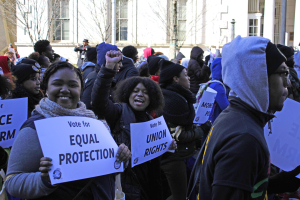
“I’ve been coming out here since I was a little kid,” said Dillahunt. “Now I’m into this movement and have a passion for it. So I came out to ensure that they understood why all black lives matter.”
Confusion surrounding the new N.C. Voter ID law, which took effect at the start of the year, has been met with accusations of voter suppression by the protesters.
The reoccurring theme of HKonJ was the urgency of informing citizens about the law and voting rights, as well as the importance of organizing to overturn the law.

